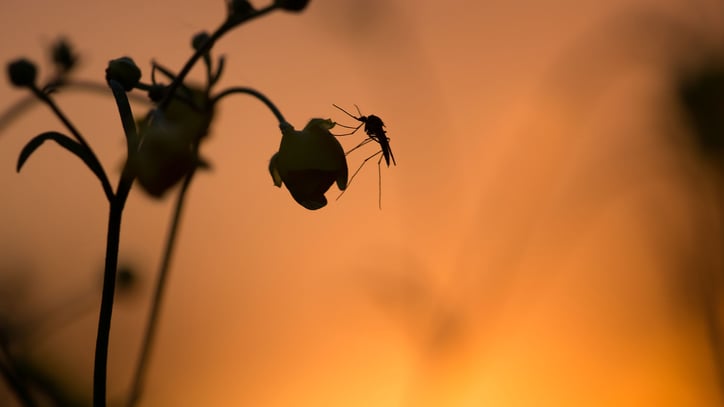Your toughest mosquito questions, answered. Read below for science made simple by our very own Senior Biologist, Benjamin McMillan.

Mosquitoes do fulfill important ecological roles in nature, such as being decomposers and pollinators. As larvae, mosquitoes live in small bodies of water and feed on the decaying materials present. Then, as adults, they drink nectar from flowers and also contribute to pollination. Although they don’t perform either of these roles as well as some other organisms, they still contribute and serve an ecological purpose.
No! Not all mosquitoes carry diseases, and if they can, it is likely that only a small percentage of a given population actually has the disease. In addition, many diseases are specific to a particular set of mosquito species (instead of all mosquitoes in an area). Finally, there are mosquito-borne illnesses that only affect certain hosts, so even if a mosquito species CAN carry a disease it might not affect humans.
Mosquitoes do serve a role in nature, even if it might be a relatively minor one. Additionally, it is important for us to minimize the amount of killing that we do for insects such as mosquitoes. The reason for this is because of “insecticide resistance”. This resistance comes about when there is selective environmental pressure on a population (in this case, a killing insecticide), which causes only the members of a population who are tolerant of the pressure to survive and produce offspring. As those tolerant individuals continue to reproduce, the population in the area becomes more and more tolerant of that pressure until the population is no longer significantly impacted by that pressure. Once this happens to an insecticide, it means we need to develop new tools to keep killing them, but this whole scenario is mitigated if you don’t actually kill the mosquitoes (and therefore they don’t need to adapt to develop resistance).
The active ingredient in Thermacell repellent does not kill mosquitoes, it targets their sensors, irritates them, and drives them away.
No! Only female mosquitoes bite, and this is because they use the protein from blood to synthesize their eggs. Mosquitoes are actually nectar feeders (and therefore pollinators) as adults, and both male and female mosquitoes nectar-feed. This is also why mosquitoes only take a couple of bloodmeals in their lifetime; they usually don’t lay eggs more than a couple of times before they die.
All mosquitoes hatch from eggs into water, although the conditions around that may be different. Once in the water, they progress through larval stages or “instars” until they build up enough energy reserves to pupate. Pupation is similar to the chrysalis of a butterfly; they do not eat during this stage and they are going through significant changes in their bodies as they get ready to emerge as an adult. Unlike a butterfly, however, the mosquito pupa can still move around and avoid predators (although it is not graceful). Finally, the adult mosquito emerges from the pupa at the water’s surface and flies away.
During the adult stage, mosquitoes will feed on nectar for food and will mate. After a female mosquito mates, she will seek out a bloodmeal so that she can synthesize her first batch of eggs. It will take her several days to digest a bloodmeal, but once she does she will find a good location for her eggs, like a tree hole or other protected spot of water. If she is lucky, she will produce several batches of eggs in her lifetime, but mosquitoes usually only live for a couple of weeks as adults.
The total lifespan of a mosquito from egg until death is usually less than one month in nature.
This depends on the location, but mosquitoes are often only around when temperatures are consistently above 60 degrees Fahrenheit. For most areas of the United States, this means mosquitoes will be around from late Spring to early Fall. It is also important to note that mosquito populations always get a boost about 1 week after big rainfall events. This is because the extra rainfall triggers batches of eggs to hatch and those new mosquitoes take about a week to grow into adults!